When discussing infrastructural essentials in various industries, the importance of water tank trailers cannot be overstated. These versatile equipment pieces serve a plethora of applications centered around the transportation of water. From agricultural irrigation to construction site needs and municipal projects, understanding where and how these trailers function is crucial for optimizing their utility.
Understanding the Water Tank Trailer
Definition and Purpose
A water tank trailer, often referred to simply as a water trailer, is a mobile water storage unit mounted on a trailer chassis, designed for the efficient transportation and distribution of water. These trailers come in various sizes, capacities, and configurations to meet different needs, enabling users to transport non-potable water for dust suppression, landscaping, firefighting, or even potable water in certain models.
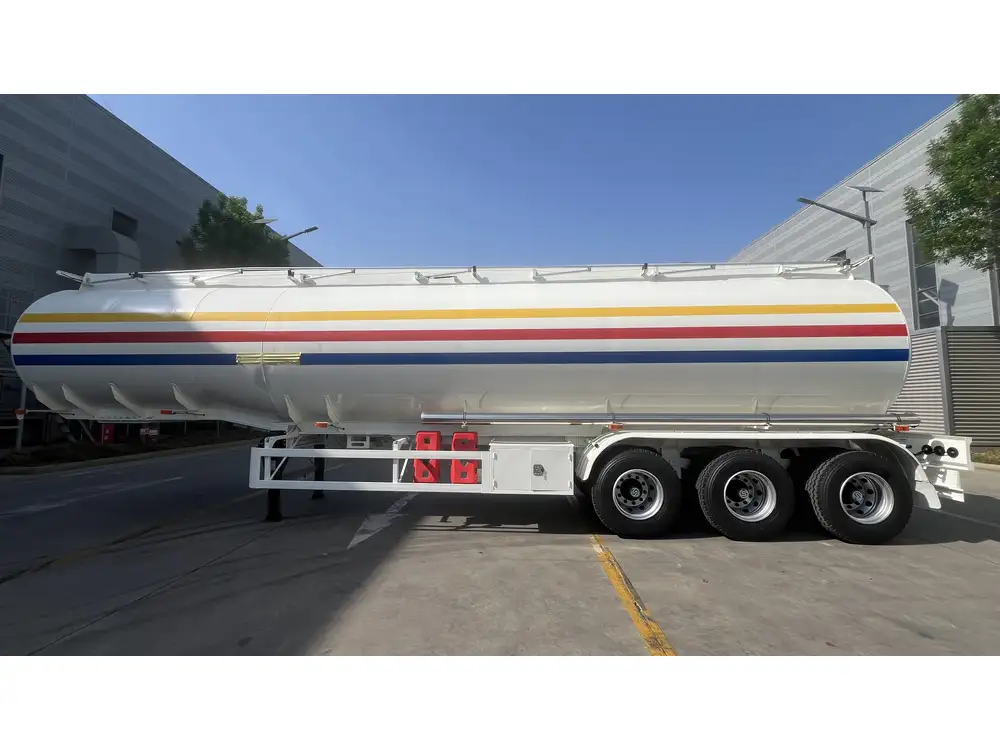
Types of Water Tank Trailers
Standard Water Tank Trailers
Often utilized in agricultural settings, these trailers feature basic configurations that allow for easy filling and dispensing of water. They are typically equipped with gravity-fed systems or pumps to facilitate water transfer.Enclosed Water Tank Trailers
Designed for specific applications, these trailers protect the water from contaminants and environmental factors. Such trailers often comply with regulations regarding potable water transport.Heavy-Duty Water Tank Trailers
Used in construction and industrial settings, these trailers are built to withstand tough conditions and have higher capacities for substantial water transportation needs.
Key Features to Consider
When selecting a water tank trailer, certain features prove essential:
- Tank Material: Common materials include polyethylene (for lower capacities) and steel (for higher durability in heavy-duty applications).
- Capacity: Trailers can range from 100 gallons to over 5,000 gallons, thus evaluating the required capacity for specific tasks is crucial.
- Pump System: Featuring manual, electric, or gas-powered pumps that can aid efficiency in water dispensing.
- Safety Features: Such as baffles in tanks to reduce slosh and prevent tipping during transportation.
Applications of Water Tank Trailers
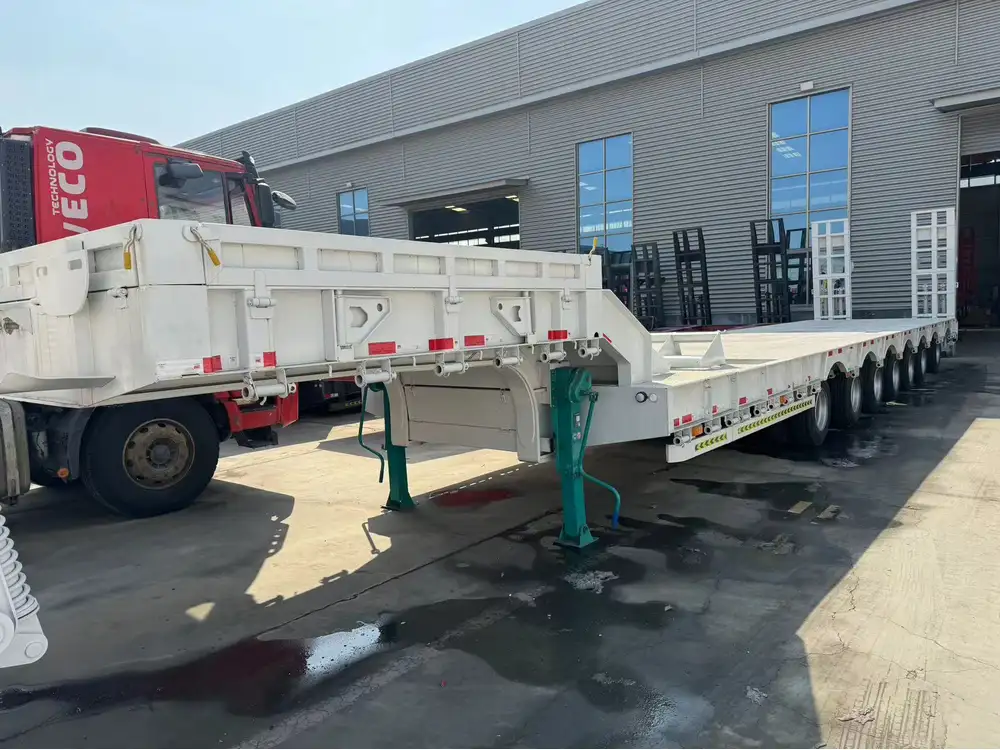
Agriculture
In the agricultural realm, water tank trailers are indispensable for irrigation processes. Farmers use them to transport water to fields, enabling crop growth during dry spells. More importantly, in locations where traditional irrigation infrastructure is non-existent, these trailers provide a crucial workaround.
Construction
Construction sites often produce dust and require water for mixing concrete or other materials. Water tank trailers enable on-site personnel to easily manage dust suppression and provide adequate water for various construction activities.
Emergency Services
In times of fire emergencies, having a water tank trailer can make all the difference. Fire departments utilize these units to transport substantial volumes of water to locations where hydrants are far away or where resources are scarce.
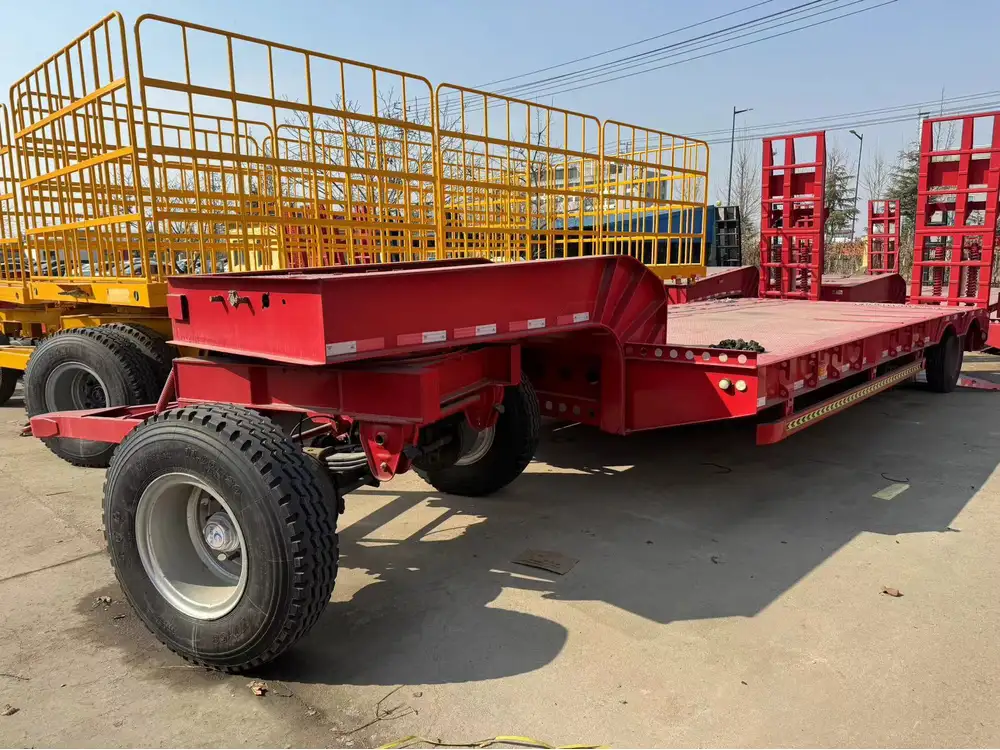
Municipal Projects
Local authorities often employ water tank trailers for street cleaning, dust control, and other municipal services. Their mobility allows for quick responses to local needs.
Pros and Cons of Water Tank Trailers
Understanding the advantages and disadvantages of water tank trailers can aid decision-making for potential buyers.
Advantages
- Mobility: Ease of transport allows for quick repositioning according to situational demands.
- Versatility: Can serve multiple industries, adapting to various needs ranging from agricultural to emergency services.
- Cost-Effectiveness: Reduces the need for a permanent water supply infrastructure, thus saving on installation costs.

Disadvantages
- Complex Regulations: Depending on the trailer’s intended use, users may encounter regulatory hurdles regarding potable water transport.
- Water Quality Concerns: Non-potable water must be carefully managed to prevent contamination, which can be a hassle without proper equipment.
Maintenance of Water Tank Trailers
Handling a water tank trailer comes with responsibilities to ensure its longevity and proper functioning. Here are vital maintenance tips:
Routine Inspections
Regularly inspect the water tank trailer for leaks, rust, or signs of wear. Pay particular attention to:
- Hoses and Connections: A strong point for potential leaks.
- Pump and Motor: Ensure they operate efficiently and without obstruction.

Clean Regularly
To maintain water quality, thoroughly clean tanks and fittings. Regular cleaning practices include:
- Using non-toxic cleaning agents suited for food-grade applications.
- Flushing the tank periodically, especially if used for potable water.
Seasonal Storage
Infrequent use or seasonal storage should involve draining the tank completely and storing it in a dry location to prevent frost damage in cold climates. Cover the tank to protect against debris and other contaminants.
Environment and Regulations
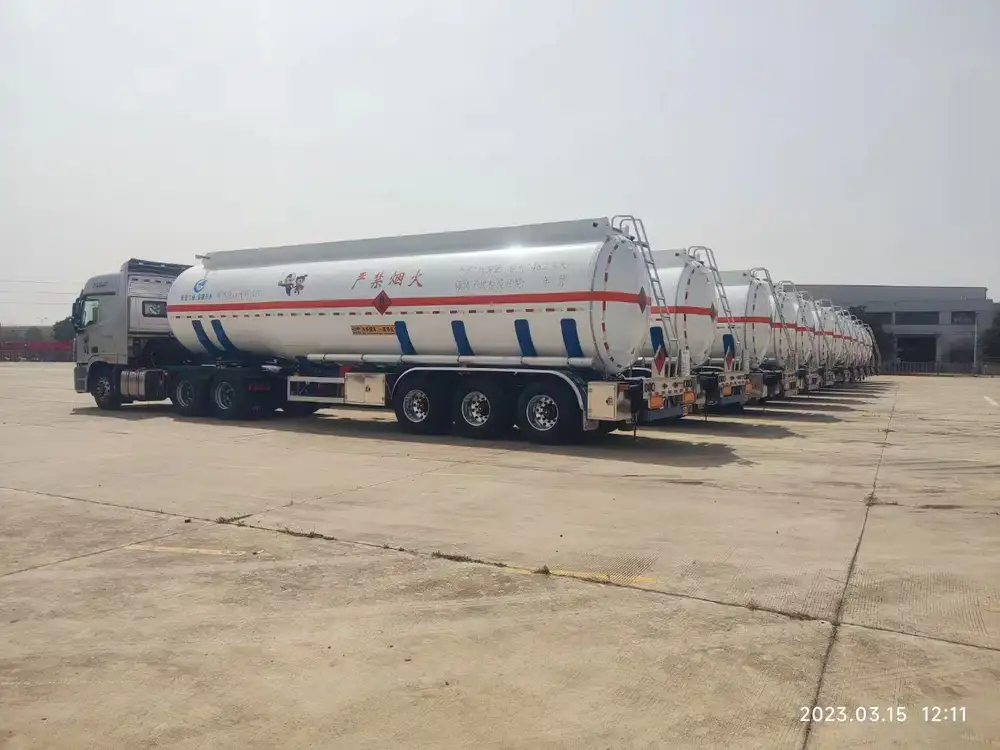
Environmental Considerations
Using water tank trailers responsibly is integral to minimizing ecological impact. Here are some best practices:
- Water Conservation: Monitor and minimize wasteful practices in water usage, ensuring efficient distribution.
- Contaminant Management: Prevent pollutants from entering water sources during transportation and ensure proper disposal methods for residuals.
Regulatory Framework
Navigating the regulatory landscape surrounding water tank trailers is essential, especially when the transported water is intended for public consumption. Important factors include:
- Local and national regulations concerning the transport of potable water.
- Licensing requirements for transportation services.
- Compliance with Department of Transportation (DOT) regulations to ensure safe movement on public roadways.
Cost Implications of Water Tank Trailers
Investing in a water tank trailer represents a significant financial commitment. Prospective buyers should consider several cost factors when evaluating potential options.

Purchase Costs
The initial purchase price varies based on size, material, and intended use. On average, a basic model may start at around $2,000, while heavy-duty versions can cost upwards of $10,000.
Operating Costs
These include fuel for towing vehicles, maintenance, water source fees, and potential insurance costs. Tallying these operational expenses is crucial to understanding total cost of ownership.
ROI Analysis
Calculating the return on investment (ROI) for a water tank trailer involves assessing the utility gains rendered by the trailer against the total expenditure over time. This encompasses evaluating costs saved compared to employing alternative water transportation methods.
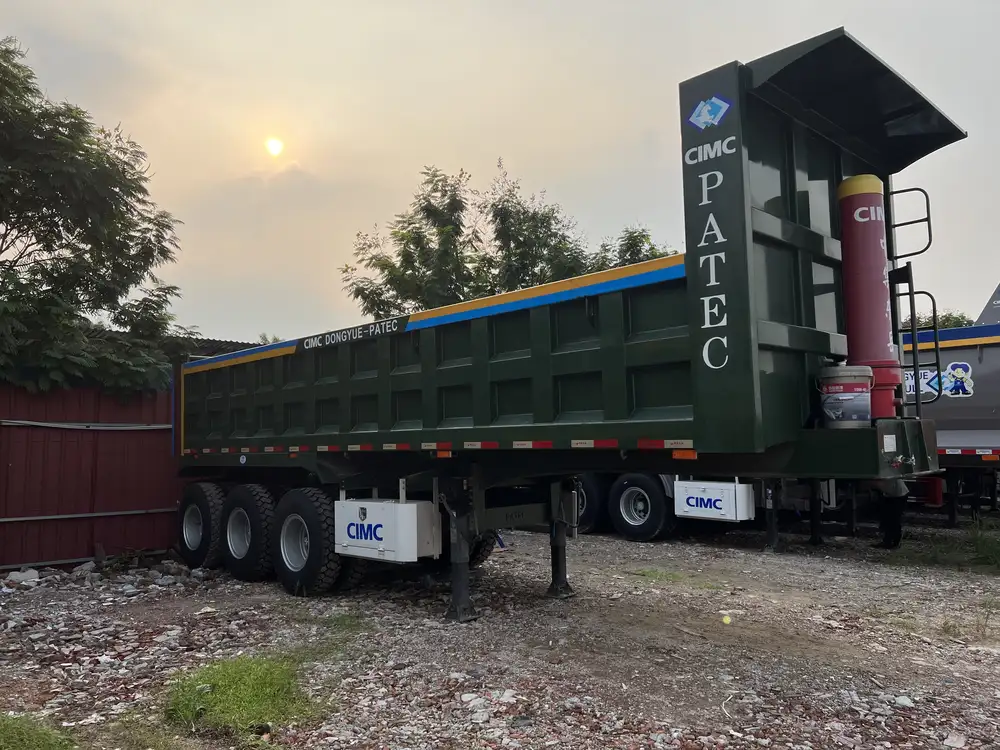
Choosing the Right Water Tank Trailer
Key Factors for Selection
When deciding on the most suitable water tank trailer, consider the following key factors:
| Factor | Considerations |
|---|---|
| Capacity | Assess the volume of water needed for your operations |
| Terrain Compatibility | Ensure the trailer is suitable for the terrain it will traverse |
| Regulatory Compliance | Verify if the trailer meets local and national regulations |
| Durability | Consider long-term use versus environmental conditions |
| Budget | Evaluate upfront costs against maintenance and operating costs |
Reputable Manufacturers and Suppliers
Working with established manufacturers ensures quality. Research and compare various suppliers for:
- Warranty: Investigate warranty offerings and service agreements.
- Customization: Identify companies that provide customizable options based on unique requirements.

The Future of Water Tank Trailers
With the increasing focus on sustainable practices and water conservation, the demand for efficient water tank trailers is set to rise. Innovations in the sector may lead to:
- Smart Technologies: Integration of IoT devices to monitor water levels and usage statistics, enhancing operational efficiency.
- Sustainable Materials: Adoption of eco-friendly and recyclable materials in trailer construction.
Conclusion
Water tank trailers serve vital functions across various industries, offering a practical and cost-effective solution for water transportation and distribution needs. Understanding their applications, maintenance requirements, and regulatory considerations is essential for maximizing their utility and ensuring safety. For anyone in the market for water tank trailers, thorough research, informed decision-making, and attention to industry trends can pave the way for significant operational benefits and efficiencies.
By adhering to best practices and making strategic investments, businesses can not only optimize their water management systems but also contribute to broader environmental sustainability efforts. The trajectory for water tank trailers is promising, requiring an informed approach to meet emerging demands effectively.



